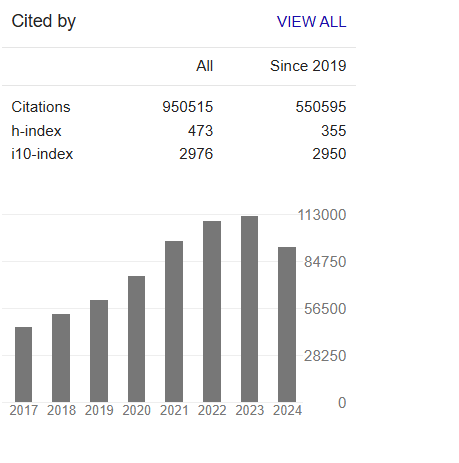What can be impact of civil authorities faulty mortality registration on COVID-19 mortality count in the state of Bihar, India Evidence from NFHS (National Family Health Survey 5)
Abstract
Piyush Kumar, Advocate Anupama
Several local / global / national / international agencies have been estimating the impact of COVID-19 pandemic on mortality count in different regions. On 30 January 2020 the World Health Organization (WHO) declared COVID-19 a Public Health Emergency of International Concern (PHEIC). Death toll was only 171 on 30-01-2020 and by 31 -12- 2020, this figure increased to 1 813 188. The estimates of global deaths attributable to the COVID-19 pandemic in 2020 as published by WHO is at least 3 million, which is 1.2 million more than officially reported. Objective of this research study is to find out number of deaths in the household in the three years preceding the survey registered with the civil authorities’ with another objective of this research study is to estimate the excess mortality due to COVID-19 in a simple way to be understood by most of the readers. The total sample size was 35,834 households, 42,483 women of age 15-49 (including 6,350 women interviewed in PSUs in the state module), and 4,897 men of age 15-54 for the state of Bihar. This sample size was based on the size needed to produce reliable indicator estimates for each district. Household questionnaire regarding number of deaths in the household in the three years preceding the survey were collected and utilized to produce information in 19 languages using CAPI (Computer Assisted Personal Interviewing). This cross sectional survey study revealed that only 37.1 percent of deaths of households members due to any cause were registered with the civil authorities in the three years preceding the survey, of which 28 percent of deaths are at age 0-4, 45 percent of deaths occurred at age 25-34, and 41 percent of deaths occurred at age 35 and above (see table-1 and 2 for more details).



